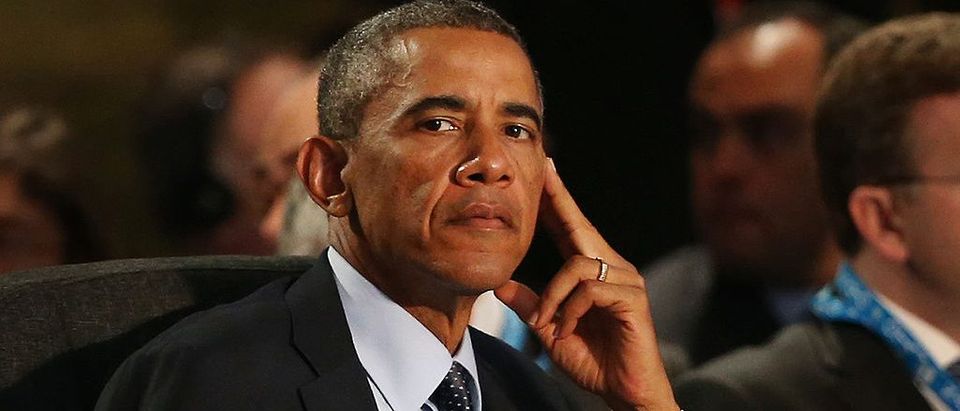The Obama Administration has made forcing employers and businesses to pay higher wages, no matter the cost to employment, a central tenet of their policy for a long time. President Obama has been calling for a higher minimum wage for years now, but has been unable to do so because his proposal is not popular enough in Congress. So, failing to accomplish his goal legislatively, he’s turned to executive action to get what he wants accomplished.
President Obama’s Department of Labor has rolled out new rules that will drastically change overtime-work rules for salaried “white-collar” workers (those in administrative or professional work), making overtime pay mandatory for all white-collar workers who make less than $47,500 per year. There are many different problems with this, but first and foremost is that it could be illegal.
Employers, businesses, and state attorneys general have all filed lawsuits against the Obama Administration for this executive overreach. This executive rule would apply to all employers, including state governments, that have white-collar workers. So 21 states have joined a lawsuit against the Obama Administration on the proposed overtime rule, arguing that forcing states to alter their budgets by executive fiat is illegal.
Nevada Attorney General Adam Laxalt is leading the charge for the states in this suit and when he announced it he made it clear that the rule is “forcing states to shift money from other important programs to balance their budgets, including programs intended to protect the very families that purportedly benefit from such federal overreach.”
Indeed, this would likely happen across the country at the state and local level – and would be true for businesses as well. If the Obama Administration is trying to force employers to pay more in cash to certain employees, the money has to come from somewhere. It’s just not possible for a massive pay hike across the board to take place with no repercussions.
As the National Law Review wrote, “employers do not have unlimited cash to pay for compensation increases… benefit reductions and changes are a viable source.” Accordingly, they may reduce other benefits for these workers: 401k plans, paid time off, transit subsidies and more could be threatened if the Department of Labor’s rule goes forward as planned.
That’s why it’s not just states that are suing the federal government: businesses, trade associations, and other employers are as well. The National Federation of Independent Businesses, the National Retail Federation, the National Association of Manufacturers, and dozens of other chambers of commerce and trade associations have also brought a lawsuit against the Department of Labor. They argue that the new rule violates the Fair Labor Standards Act and is a gross power grab by a department that does not have the authority it is claiming. Their suit states that the new rule “is arbitrary, capricious, contrary to procedures required by law, and otherwise contrary to law… the costs of compliance will force many small employers and non-profits operating on fixed budgets to cut critical programming, staffing, and services.”
The rules are scheduled to go into effect in December, which is why these lawsuits are incredibly important right now. President Obama and his allied Democrats can’t pass minimum wage hikes in Congress, so they’re turning to executive action by the Department of Labor to try to get what they want. But this method is even worse than a minimum wage hike: it will negatively affect state budgets and will cause companies with salaried workers to look into their ability to cut other non-cash benefits to their employees, without having an effect on the nonprofessional and non-salaried workers that Democrats typically claim their wage efforts will help. The expanded use of these kinds of executive action always come out messier and more arbitrary than when done by Congress – and in this case, as both state governments and independent businesses are alleging, they are illegal.


